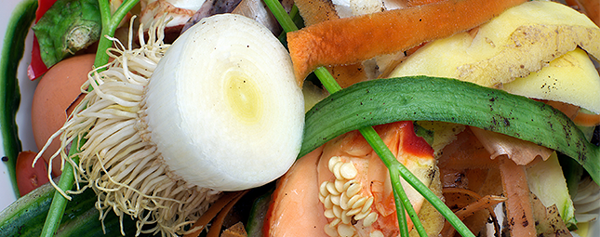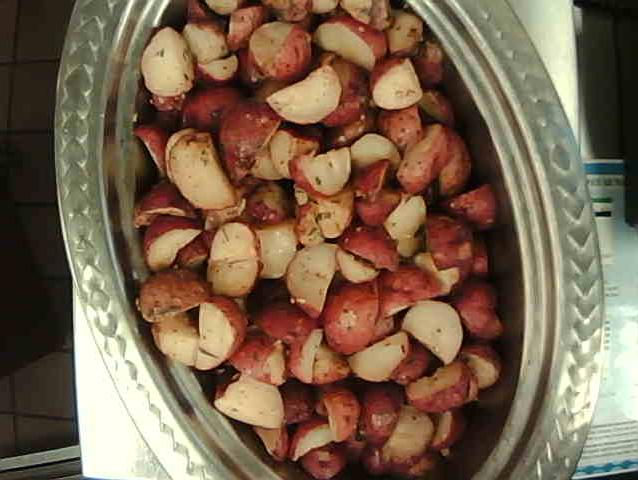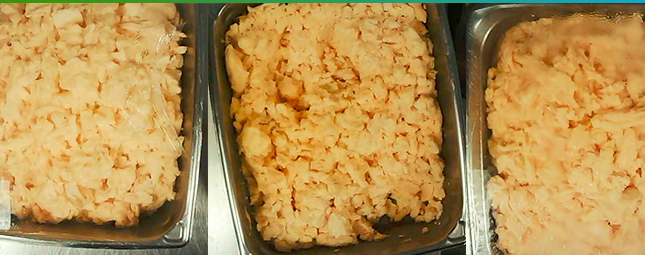Food Waste Intelligence

In my years coaching chefs on how to prevent food waste, again and again I see three food items being wasted when they should have been repurposed. A lot of chefs just aren’t sure what to do with them. The big three are vegetable trim (broccoli stems, cauliflower cores, carrot peels, onions skins, etc.), fruits (whole and trim), and starches (rice, beans, potatoes, grains). It’s probably not a coincidence that none of these are high-priced proteins, which can sometimes be the only focus of a kitchen’s food waste prevention effort. To ...
Read More >>Topics:
Food Waste Musings
One of the biggest sources of food waste is trim waste from fruits, vegetables and meats. Some trim waste is inevitable. For that, try to repurpose using my guide to repurpose commonly wasted foods. But some trim waste is created because of poor knife skills: a quarter of a bell pepper is left on top, meat comes off when fat is trimmed. Teaching proper knife skills is critical. Find out the chef on your team who is best with knives and have him or her give a tutorial. Short of that, we've collected some great knife skills videos to he...
Read More >>
This is a recurring feature where Leanpath Executive Chef Robb White examines real food waste images from Leanpath 360s and shares insights based on what he sees.
Read More >>
Holiday buffets are a tradition – no matter what aspect of the hospitality industry you are in. It's a pleasure to cook for the masses and make their holidays unforgettable, but when each buffet is torn down, we must deal with all the leftover food. We all know that even with strong planning, overproduction will happen.
Read More >>
This is a recurring feature where LeanPath Executive Chef Robb White examines real food waste images from LeanPath 360s and shares insights based on what he sees. Overproduced scrambled eggs. This is such a common thing to see in our food waste photography. Breakfast buffets—or buffets in general—are difficult to match production to demand. Plus you've got the additional concern of having a visually bountiful spread. A recipe for waste. Eggs are often mass produced in the morning in big batches that aren’t justified by sales, but that...
Read More >>